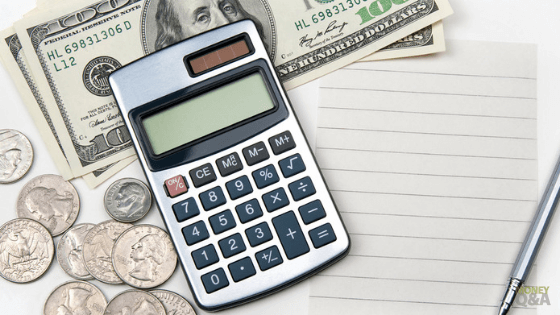
For most people, inflation is a scary word. It means the money you earn today won’t be worth as much tomorrow and that you’ll have to pay more for the same products and services down the line.
In the United States, policymakers try to keep inflation right around 2% per year, keeping pace with the economy’s growth. What costs a dollar to buy this year will (generally speaking) cost $1.02 next year, and a person who was paid $12 an hour this year might earn $12.25 an hour next year.
Problems start to arise when inflation overshoots that benchmark – as it has this summer.
In July of 2021, consumer prices were up 5.4%. Most economists agree that this unusually high growth is likely a “temporary shock” caused by the sharp ups and downs of the pandemic – but it’s not clear how long it will last or what the best strategy is for fixing it.
5 Ways to Protect Your Finances from Inflation
While we wait to see what happens next, you still have options to protect your finances from inflation.
Add a buffer
If you want to protect your finances, add a buffer to your budget. To avoid unexpected shortfalls at the end of the month, it can help to give yourself a small (3-5%) buffer. For example, if you usually spend $500 on groceries in a month, set aside $515 to $525 instead. If you run five or ten dollars over your usual spending, don’t worry – you’ll still be under budget.
Be a thrifty traveler
If you’re like most people, you’re probably itching to get out of town and go somewhere new. But the number of “do not travel” advisories is on the rise due to the surge in cases of the delta variant. It seems many vacationers are continuing to map out their own road trips – which can lead to some sticker shock at the pump. Gasoline is also up about 50% from last year. The good news: You don’t have to scrap your travel plans.
Look for creative ways to save to protect your finances. Staying with family or friends, vacationing closer to home, or using public transportation can all help cut costs.
Eat local
Demand for gas is fueling price hikes for all shipped goods, including at your local grocery store. Anything that needs to travel a long way to reach store shelves – like out-of-season produce or imports – will be a little pricier. To keep your bill low, shop for in-season fruits and vegetables and keep an eye out for coupons.
Shop for Deals
After a year of spending more time at home, consumers are ready for a wardrobe update … but their budgets may not be. Apparel prices are up 4% from last year, meaning it probably isn’t a good time to buy new clothes off the rack.
The best option is to hold off on buying clothing until prices settle. If that’s not possible, watch for sales or shop at factory outlets, thrift stores, or online consignment sites instead.
Invest the rest
This is nothing new. Investing has always been a sensible way to fight against inflation. A low-risk, diversified portfolio can grow your money over time when otherwise it would be slowly losing value in a zero-interest checking account.
While there continue to remain several unknown variables lately, it’s important to remember that inflation will most likely ease with time. Until it does, the good habits for financial health haven’t changed: Shop smart, save carefully and be ready to adjust your budget to the circumstances.
Axiom Bank, N.A., a nationally chartered community bank headquartered in Central Florida, provides retail banking services, including checking, savings, money market, and CD accounts, as well as commercial banking, treasury management services, and commercial loans for both real estate and business purposes.
